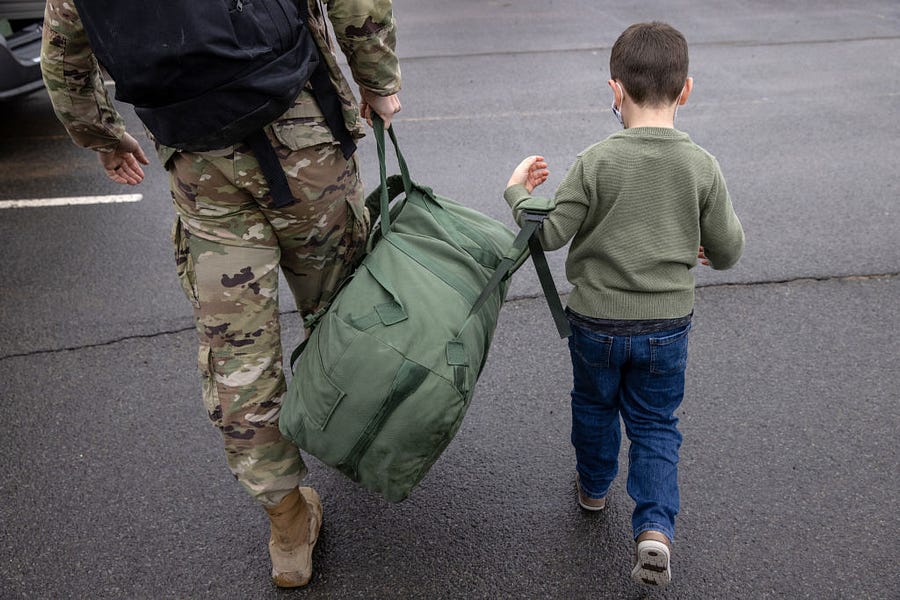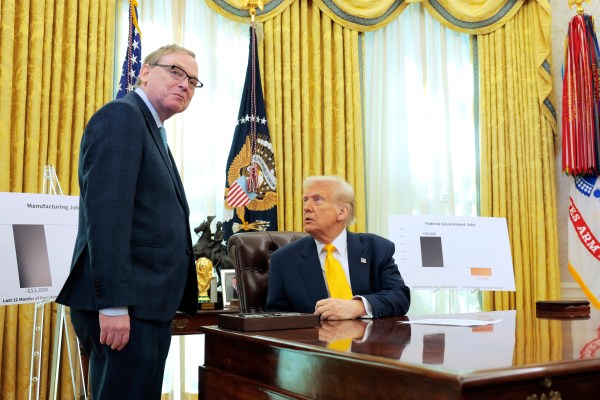At the 11th hour of the 11th day of the 11th month, 1918, the armistice bells tolled the end of World War I. German armies demobilized and the men and women of the “Great War” returned to their homes. Almost 20 million had died and another 21 million were wounded in combat. The only thing deeper than the trenches the survivors left behind were the scars they carried within themselves.
One of those soldiers, Erich Maria Remarque, went on to write one of the great biographical novels of war, All Quiet on the Western Front, which became an acclaimed international best-seller for its unflinching depiction of soldiering and its portrayal of the disconnect between those who fight wars and those at home for whom war often remains an abstraction. Published in 1929 as Germany lurched toward Nazism, the book was banned in 1933, removed from public libraries, and burned at Nazi demonstrations.
Remarque’s experience as an author shows how discomfiting and disturbing war stories can be, especially under regimes that use war for conquest rather than defense. In a democracy, military memoirs make an invaluable contribution by connecting the soldiers who have fought and killed for their countries to the society they have served. This type of writing is also vital for calming and restoring the minds and hearts of the men and women who have, in Lincoln’s phrase, “borne the battle.”
The nation has just emerged from two of the longest conflicts in its history in Afghanistan and Iraq. Over the course of 20 years, 1.9 million American men and women served directly in Iraq and Afghanistan and another 1 million served in support capacities as part of campaigns that sought out, disrupted, and destroyed much of the terrorist network that inflicted nearly 3,000 American casualties on 9/11.
Like the wars that came before them, these conflicts left deep scars, the mental and physical fallout of which is well documented. And like other wars, these scars are sparking a renaissance of veteran-produced art, essays, poems, and movies as those who served honor the rest of us by opening their minds and hearts through creative endeavor. The groups that sponsor and organize veterans in the arts help to highlight what General and former Defense Secretary James Mattis calls “post-traumatic growth” among our warriors.
One such space for reflection on military service and service-related trauma is the Syracuse Veterans’ Writing Group (SVWG) at Syracuse University. Co-founded by Eileen Schell, a retired Syracuse University professor of writing, and Ivy Kleinbart, a writing instructor at Syracuse, SVWG focuses on helping vets develop non-fiction writing that creates a repository of personal memories, an outlet for individual healing, and an instrument for educating Americans about military life. Dr. Schell notes that the group’s mission is to provide space, “so people have an outlet for their stories” as a means of reducing the power that trauma otherwise has over memory, perception, and behavior.
The Syracuse project is part of a growing movement of creative initiatives such as a project sponsored by the Writers Guild Foundation that seeks to tap the talent and experience of veterans for screenwriting, art exhibits through the National Veterans Art Museum in Chicago, and musical performances developed under the auspices of the National Veterans Arts competition.
Another important related initiative is the Moral Injury Project, a program to support veterans in their recovery from combat-related trauma. Military service, by definition, often requires inflicting violence in order to repel violence and protect the nation. While not all veterans and service members experience moral injury, being complicit in inflicting violence or even just witnessing it can and frequently does create internal moral conflict. As Dr. Schell remarked “we try to have a conversation about [sorting] through the moral wounds of war. How do you talk about it? How do you have a public space for that? And also, how do you have a space for healing, whatever that looks like?”
In past conflicts, our wars were fought by draftees drawn at random from across the country. Every community and stratum of society sent young men to fight, and all of those communities, to greater and lesser degrees, experienced loss. As a result, Americans shared in the responsibility for and process of reintegrating military personnel when they returned from fighting. By contrast, today’s volunteers disproportionately come from counties in the South as well as from middle and lower-middle income families. Almost 80 percent of those currently serving are also second-generation soldiers with at least one parent having served in the military.
This narrowing of the military recruitment base means the social distance between service members and the rest of society has grown markedly. Writing workshops and active engagement in supporting post-traumatic growth are vital for supporting veteran recovery and for creating new channels of contact and communication between vets and their civilian communities.
Doug D’Elia, a Vietnam veteran and a contributor to SVWG, used poetry to capture a return visit to some of the rice paddies he fought in:
“Staring into the
face of
an old
Vietnamese
rice farmer,
then another,
in waves they come
voices
and eyes
pinned on
strange faces,
and even in the
purple haze
of hot zone flares
I imagine them
as they were,
young and dangerous.
I am back there
again”
For those who have not been on the battlefield, it is easy to leave wars to the history books, but for those that serve, the war is never completely over, lingering in the bodily scars and memories of vets. We owe our women and men in uniform a debt that, by its nature, can never be fully repaid. One of the simplest things we can do to acknowledge, remember, and appreciate these sacrifices is to listen to vets through the stories, essays, art, and films they are creating. Even such a small step will help us all move just a little closer to understanding what military life means for those who wear our country’s uniform.
Brent Orrell is a senior fellow at the American Enterprise Institute.






Please note that we at The Dispatch hold ourselves, our work, and our commenters to a higher standard than other places on the internet. We welcome comments that foster genuine debate or discussion—including comments critical of us or our work—but responses that include ad hominem attacks on fellow Dispatch members or are intended to stoke fear and anger may be moderated.
With your membership, you only have the ability to comment on The Morning Dispatch articles. Consider upgrading to join the conversation everywhere.